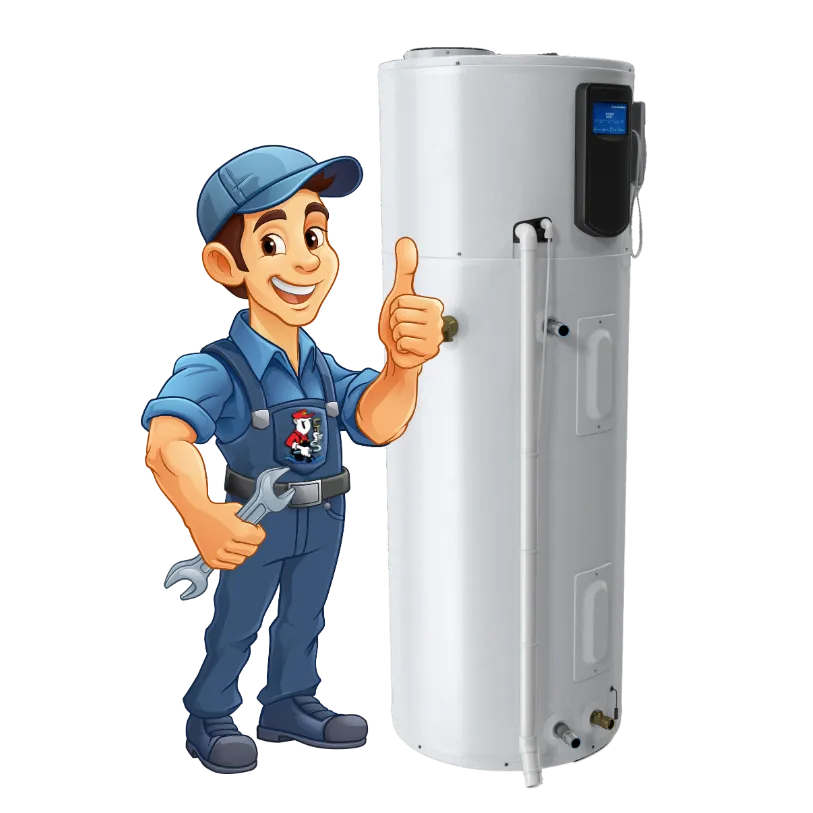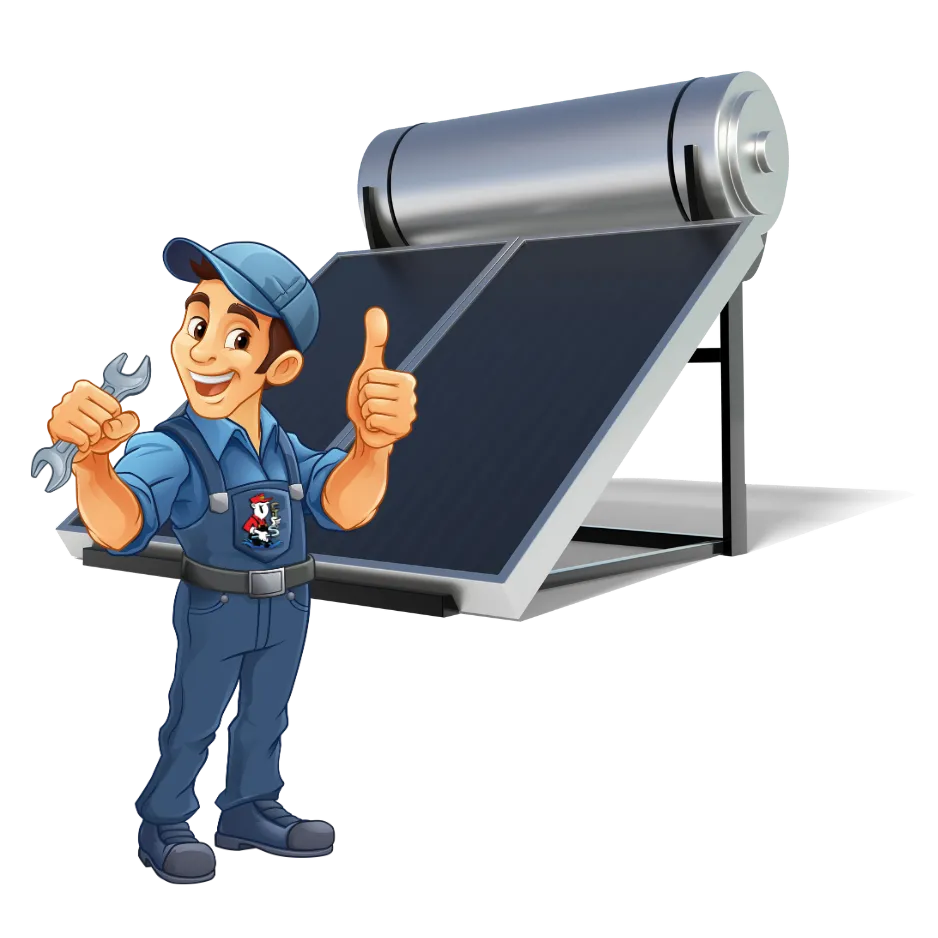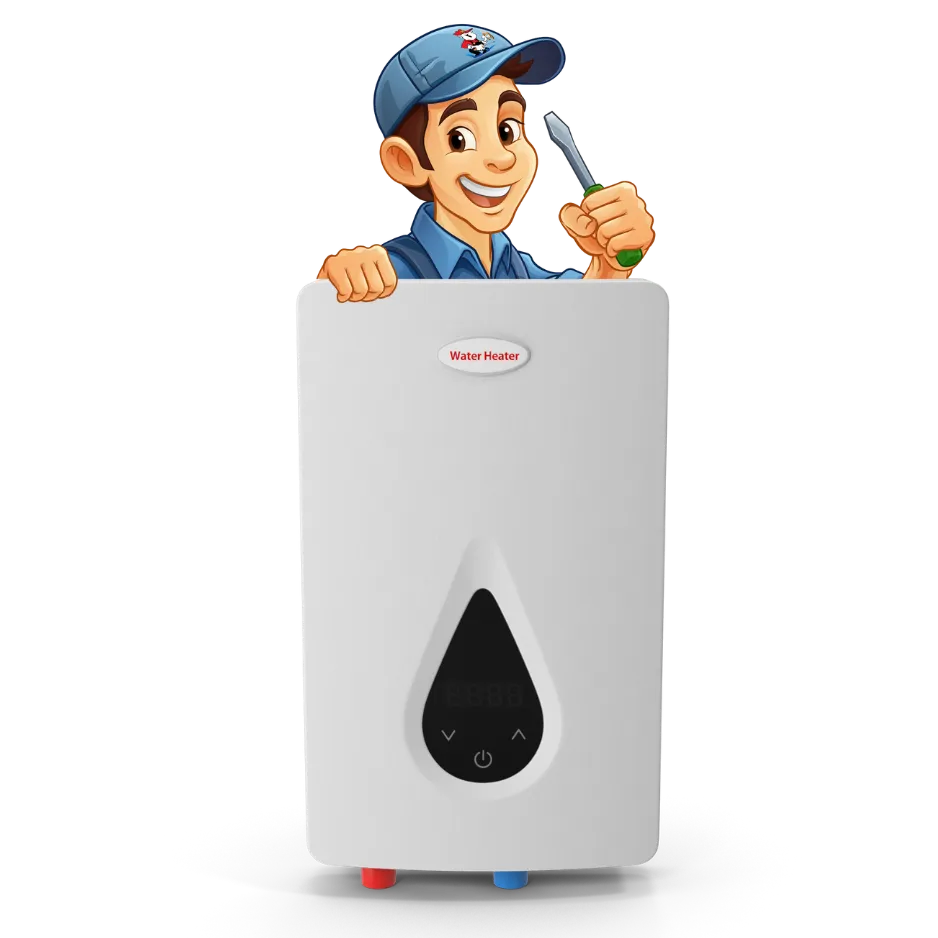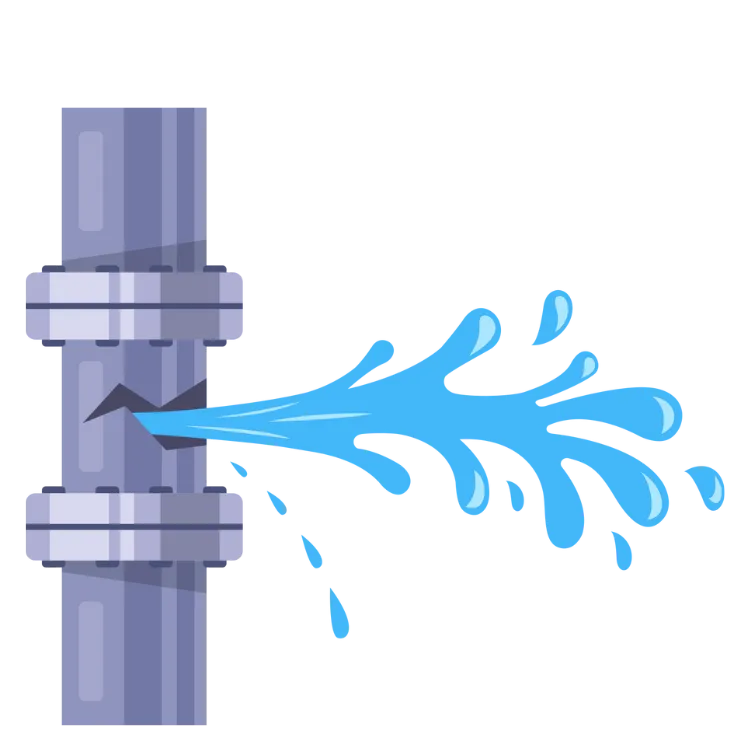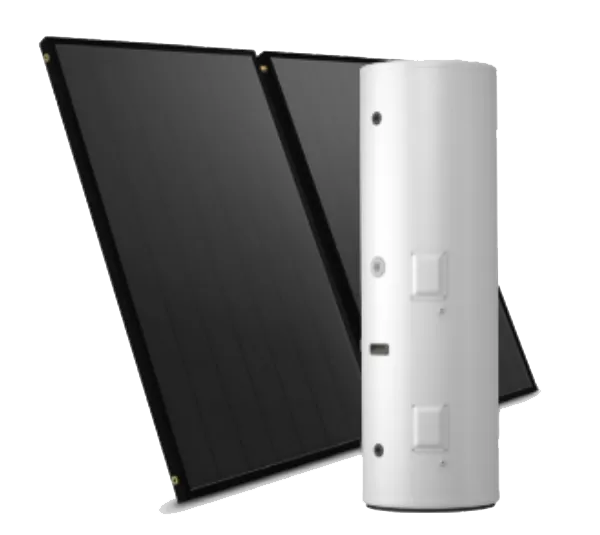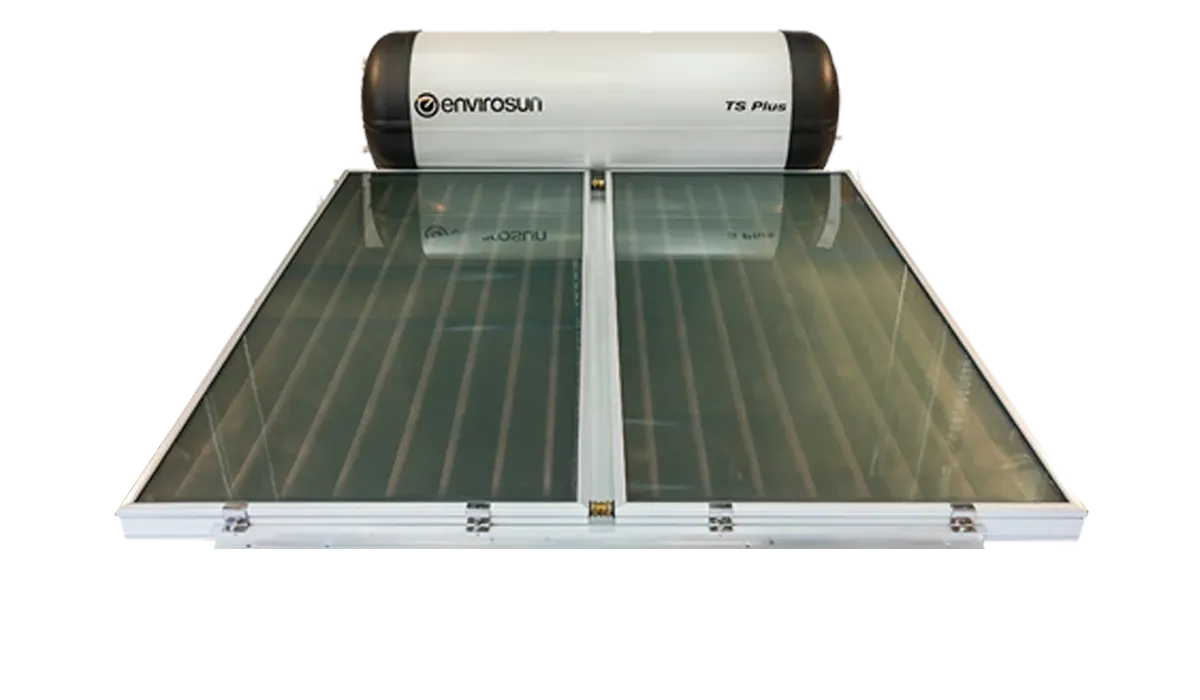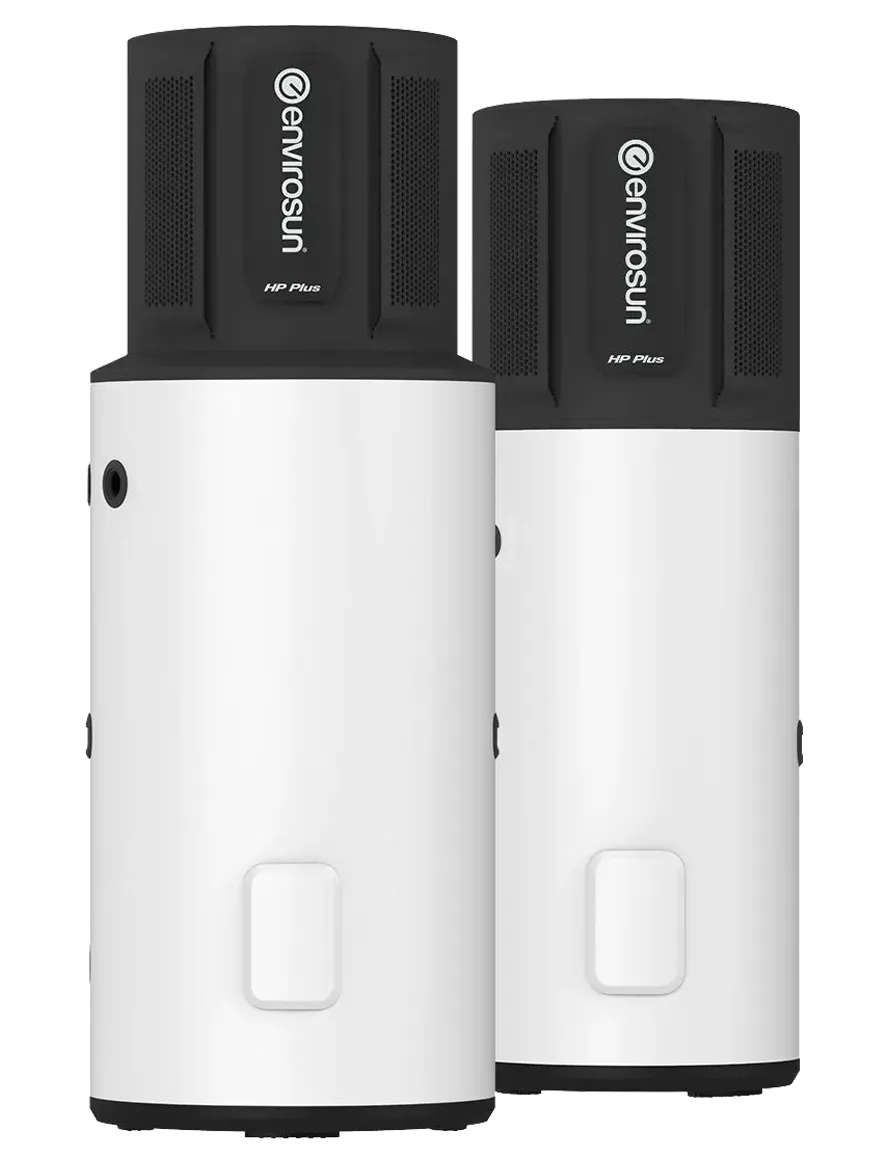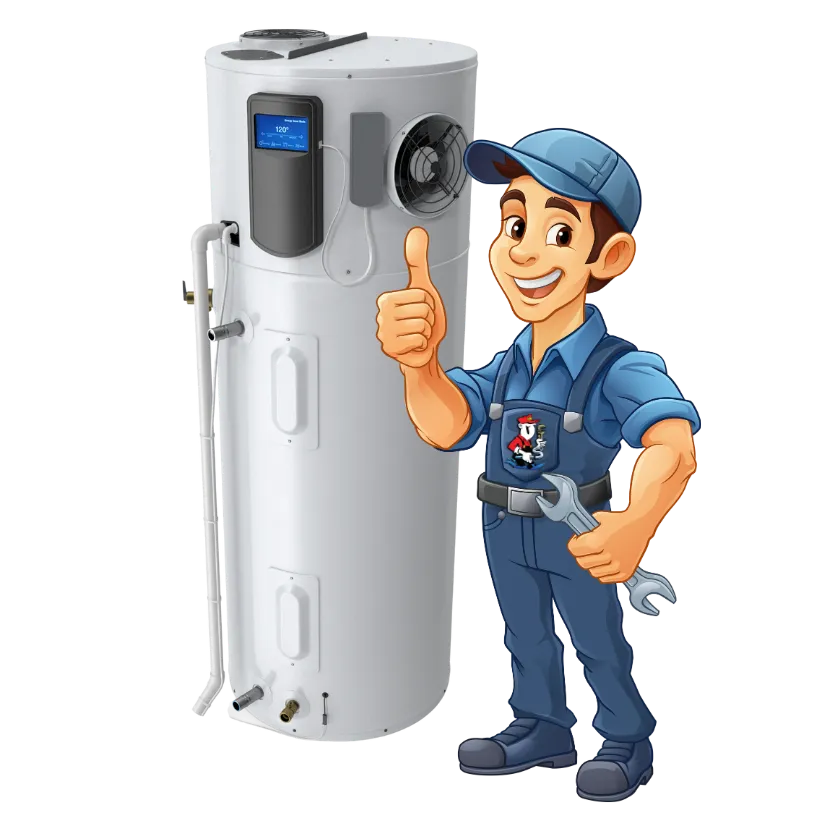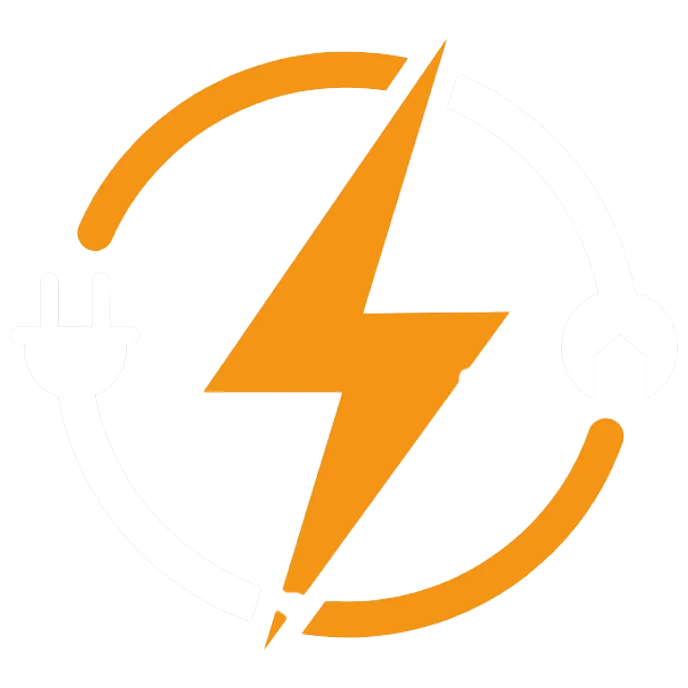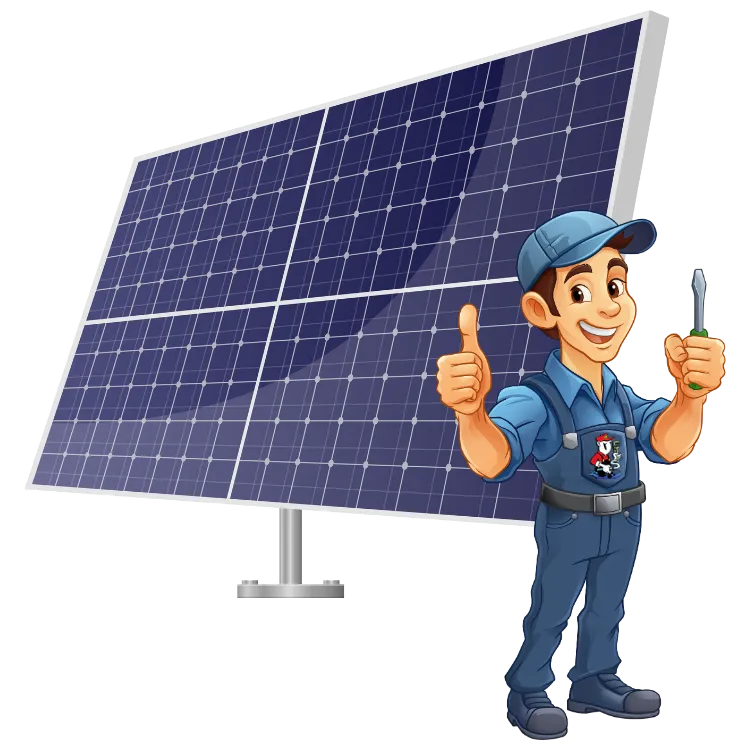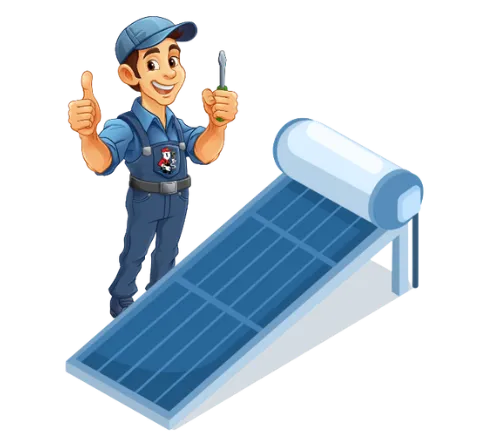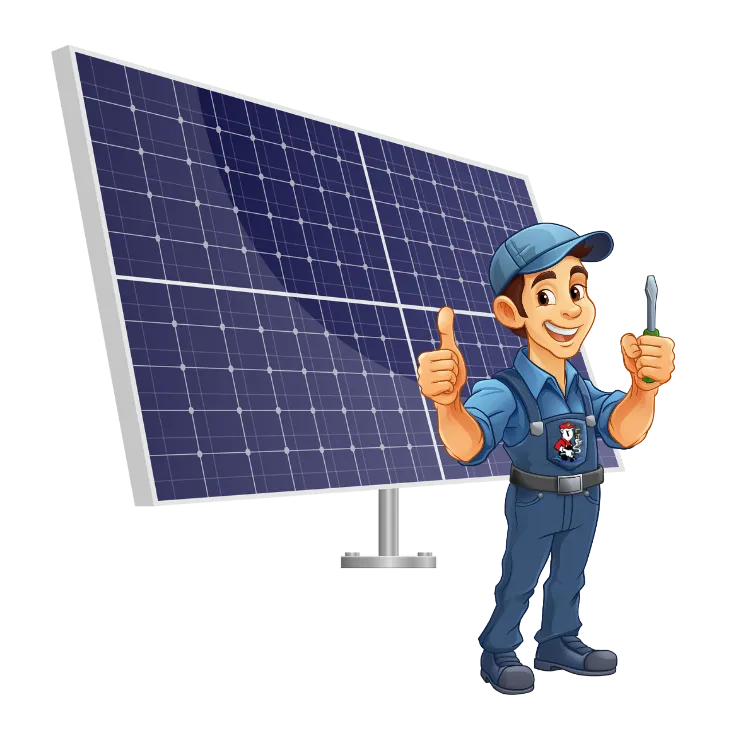
Workmanship Guaranteed
Licensed & Insured
Upfront Fair Pricing
Finance Available
Todd's Blog
solar hot water repairs experts Pacific Pines
Local Experts in Solar Hot Water Repair in Pacific Pines

The increasing adoption of solar energy systems has prompted many households and businesses to seek efficient solar hot water repair services. In Pacific Pines, the need for ensuring optimal performance of solar hot water systems is becoming more critical as issues such as wear and tear, inefficient heat transfer, and minor leaks can impact overall effectiveness. Solar hot water systems rely on sunlight to heat water in environmentally friendly storage tanks, reducing greenhouse gas emissions while offering energy and cost savings over time. However, even the best systems require regular maintenance and occasional repairs to ensure efficient heat transfer and to prevent further damage or service water issues. This article provides comprehensive information on identifying issues, understanding repair processes, comparing repair costs, and learning from customer reviews to assist property owners in making informed decisions when scheduling a repair. By integrating scientific data with real-world examples and industry research, the article outlines proven repair techniques and common challenges—such as faulty collectors, thermostat errors, and inverter malfunctions—that may reduce overall system efficiency if not addressed promptly. The discussion also highlights the importance of local expertise in ensuring high-quality repairs, durability, and long-term savings for solar water heating systems in Pacific Pines. With increasing demands on solar water repair services driven by wear and tear and exposure to environmental elements, engaging local technicians who understand the unique challenges of Queensland conditions is essential. The following sections provide detailed insights into each aspect of solar hot water repair, helping homeowners and businesses maintain high performance, safety, and energy efficiency.
Discover Top Local Services for Solar Hot Water Repair in Pacific Pines
Local repair services in Pacific Pines are dedicated to ensuring that solar hot water systems operate at peak efficiency. Professional repair teams in the region specialise in troubleshooting common issues such as heat transfer problems, storage tank leaks, and component wear that can affect system performance. The benefits of working with local experts include rapid response times, on-site evaluations by experienced technicians, and reliable long-term support. These technicians are well-versed in the unique weather conditions and environmental challenges faced in Queensland, including exposure to direct sunlight, temperature fluctuations, and system wear due to prolonged service use.
Many service providers in Pacific Pines offer a comprehensive consultation process that starts with a detailed assessment. During the initial assessment, technicians inspect key components such as the solar panel array, the storage tank, the heat exchanger, and the various control valves. This process identifies the root causes of any inefficiencies—from minor leaks to complete system malfunctions—and enables the technicians to recommend targeted repair or maintenance strategies. For example, if a technician identifies reduced heat transfer caused by a build-up of sediment in the storage tank, they can recommend a cleaning procedure that restores the system’s performance.
These professionals frequently work with accredited plumbers, electricians, and solar system specialists to provide a holistic service. By combining their expertise, they not only repair the current faults but also offer advice on regular maintenance practices that can prevent future issues such as greenhouse gas emissions due to inefficient combustion in backup systems. Furthermore, local repair experts often guarantee their workmanship with warranties and offer competitive pricing models that consider both short-term repairs and long-term maintenance plans. This integration of expertise ensures that homeowners receive transparent, cost-effective solutions designed to enhance system efficiency and extend the operational lifetime of their solar hot water systems.
Understand the Benefits of Professional Solar Repair Services
Professional solar repair services bring numerous benefits to solar hot water system owners, especially in Pacific Pines, where environmental conditions can expedite wear and tear. The primary benefit of hiring professional services is the improvement in heat transfer efficiency within the system. With trained technicians utilising advanced diagnostic tools, the repair process can be streamlined to enhance the performance of solar panels and maintain optimum water temperature in the storage tank. This improvement in heat transfer not only maximises the energy produced from sunlight but also reduces the reliance on auxiliary heating methods, thereby lowering both energy bills and greenhouse gas emissions.
Experienced technicians can also diagnose issues with solar collector components that may be compromised over time. For instance, a faulty thermostat or a damaged collector can significantly reduce the system's ability to harness solar energy. Professionals use precise measurements and advanced thermal imaging equipment to determine where inefficiencies occur. Their intervention ensures that any issues—whether it be a minor leak in a heat exchanger or a degraded solar panel—are corrected before they lead to more costly repairs.
Another benefit is the enhanced safety and longevity of the system. Professional repairs reduce the risk of catastrophic failures that could lead to not only water damage but also electrical hazards. By ensuring that every component from the pump to the valve operates within the required specifications, these services favour long-term system durability. Moreover, professional solar repair services include preventive maintenance plans that help detect emerging issues early on, thus preventing complete system breakdowns. Case studies have shown that regular professional maintenance can increase system efficiency by up to 15% and extend the lifespan of solar hot water systems by several years. This is particularly significant given the financial investment involved in installing a solar water heating system and the potential cost of replacing major components.
Homeowners also benefit indirectly from professional repairs through improved customer service and faster resolution times. With local experts familiar with the region’s specific challenges, such as high ambient temperatures in Perth and variable sunlight in Brisbane, system downtime is minimised. This means customers can consistently enjoy the energy savings associated with solar energy, while the environmental benefits of reduced fossil fuel consumption are maintained.
Identify the Signs of Solar Hot Water System Malfunctions
Identifying the early signs of solar hot water system malfunctions is essential for timely intervention and repair. One of the key indicators of an issue is a noticeable drop in water temperature, suggesting problems with heat transfer within the system. Homeowners may also observe fluctuations in temperature that can be attributed to intermittent failures in critical components, such as the solar panel array or the heat exchanger. Additionally, unusual noises, such as hissing or banging, may indicate that there are leaks or pressure irregularities within the storage tank or connecting pipes.
Early detection extends to both physical signs and performance metrics. Visible corrosion on the storage tank, discoloration, or leaks around the panel connections indicate that the system is experiencing wear and tear. Performance monitoring devices can help detect decreased efficiency by tracking the time it takes for water to reach the desired temperature. If the system is slow in heating water or if there is a sudden increase in energy consumption by the service hot water equipment, it is a clear sign that professional troubleshooting is needed.
Technicians advise that even seemingly minor punctuation issues, such as a slight crack or an off-centre valve, can escalate into significant problems if left unaddressed. For example, sensor errors might lead to inefficient operation of a solar water heater repair cycle, resulting in additional stress on the system and increasing the risk of a complete shutdown. Moreover, if a homeowner notices that their solar panels are not tracking the sun properly, or if the inverter frequently shuts down, these can be additional indicators of systemic faults that warrant professional assessment.
In one peer-reviewed study (Smith et al., 2021, https://doi.org/10.1016/j.solener.2021.05.003), researchers found that proactive monitoring and maintenance enabled a 20% increase in overall system efficiency and a significant reduction in greenhouse gas emissions linked to backup energy sources. The study illustrates that early detection and repair of minor issues prevented more severe failures while ensuring long-term operational reliability. Such proactive measures are critical, given that even minor inefficiencies in heat transfer and storage tanks can compound over time, leading to increased utility costs and reduced environmental benefits. Homeowners are thus encouraged to seek professional assessments promptly to maintain both the performance and the sustainability of their solar water heating systems.
Benefits of Using Local Pacific Pines Technicians for Repairs
Local Pacific Pines technicians provide multiple advantages for homeowners who require repairs for their solar hot water systems. Being regionally based, these professionals possess an intimate understanding of local climatic conditions, such as high temperatures and humidity levels that can affect system performance. Their deep local expertise allows them to offer customised solutions tailored to Pacific Pines’ specific environmental factors, ensuring that each repair or maintenance job is both relevant and effective.
One of the primary benefits is the quick response and reduced downtime that comes with using local technicians. When a malfunction occurs, rapid repair is crucial to preventing further damage and avoiding potentially hazardous situations such as leakage or electrical faults. Local technicians are able to travel quickly to the property, assess the situation onsite, and begin repairs immediately. This efficiency in response time can significantly mitigate the risk of long-term damage, which in turn helps maintain high levels of heat transfer and overall system performance.
In addition to fast response times, local experts offer the advantage of personalised service and ongoing support. Many local repair providers offer follow-up checks to ensure that the repair has successfully resolved the issue, and they provide maintenance advice designed to extend the lifespan of the solar hot water system. This approach includes routine inspections to monitor components such as the solar panel, storage tank, and control valves for any signs of wear and tear that might lead to leaks or reduced heating efficiency.
Furthermore, local technicians frequently collaborate with other local tradespeople, such as certified plumbers and electricians, ensuring that any repair work is executed with maximum safety and professionalism. Their collaborative approach reduces the likelihood of miscommunication and ensures that all aspects of the job—from energy efficiency and cost-effectiveness to environmental considerations—are addressed proficiently. This is essential in regions like Pacific Pines, where service hot water repair and maintenance need to meet high efficiency standards, reducing greenhouse gas emissions and enhancing overall system performance.
Research conducted by the Australian Renewable Energy Agency (ARENA) in 2022 highlighted that localised repair services can improve system efficiency by up to 18% compared to repairs executed by non-local contractors. This improvement was attributed to the prompt attention to issues, customised repair techniques, and continuous monitoring of system performance. Such findings underscore the critical role that local expertise plays in ensuring that solar water heating systems deliver optimal energy performance while maintaining environmental benefits.
Learn About Common Issues in Solar Hot Water Systems
Solar hot water systems, while highly efficient, can experience a variety of issues over time that may impede their performance if left unaddressed. Key common issues include faulty thermostats, problems with solar collectors, and inverter failures. Each of these issues can lead to suboptimal performance, resulting in decreased heat transfer, improper temperature regulation, and potential damage to the storage tank. Understanding these problems is crucial for homeowners to make informed decisions when seeking repair services and maintenance.
Faulty thermostats are one of the leading issues in solar hot water systems. A malfunctioning thermostat can cause inaccurate temperature settings, leading to either overheating or underheating of water. This inconsistency not only affects user comfort but also places unnecessary stress on the system components, reducing overall efficiency. In some instances, a defective thermostat can trigger a cascade of faults, causing further damage to related components such as the heat pump and control valves.
Solar collectors, which absorb sunlight and transfer it to the water in the storage tank, may also suffer from issues such as cracks, discoloration, or structural wear. Due to prolonged exposure to sunlight and fluctuating weather conditions, solar collectors can develop micro-cracks that reduce their efficiency. If these cracks expand or if debris accumulates on the panel surface, the heat transfer process is compromised, meaning the system cannot efficiently convert sunlight into thermal energy. Regular cleaning and periodic inspections are recommended to maintain collector performance.
Inverter failures are another common issue in solar hot water systems. The inverter, which converts the DC power generated by the solar panels into usable AC power for the system, is a critical component. If the inverter fails, the entire system's operation can be interrupted, resulting in a complete shutdown of hot water production. Inverters that are prone to overheating or have compromised cooling systems may begin to perform erratically, leading to fluctuations in system power and overall efficiency.
A peer-reviewed study by Johnson et al. (2020, https://doi.org/10.1016/j.apenergy.2020.114565) investigated the frequency and impact of component failures in solar hot water systems. The study reported that systems with regular maintenance experienced 25% fewer instances of thermostat and inverter failures compared to those without scheduled upkeep. Additionally, the research emphasised that early detection of solar collector damage through routine inspections could improve system efficiency by approximately 12%. The study illustrates that proper maintenance and timely repairs not only extend the system’s lifespan but also safeguard the investment by minimizing energy losses.
To summarise, common issues like faulty thermostats, compromised solar collectors, and inverter failures must be addressed promptly. Homeowners are encouraged to engage professional repair services for comprehensive diagnostic checks and corrective measures. Detailed inspections, regular cleaning, and annual maintenance contracts are effective strategies to keep solar hot water systems running at peak performance, ensuring efficient energy usage while reducing the risk of further complications.
Recognise Faulty Thermostats and Their Impact on Efficiency
Faulty thermostats can dramatically affect the performance of a solar hot water system. When the thermostat fails, the system may heat water beyond the desired temperature or not heat it sufficiently, which in turn leads to inefficient heat transfer. A miscalibrated thermostat often causes the heating cycle to run unnecessarily, increasing wear on components such as the pump and storage tank while also causing unnecessary energy consumption. This inefficiency can indirectly contribute to increased greenhouse gas emissions when auxiliary heating is activated to compensate for the loss.
Recognising faulty thermostats early is important for maintaining system efficiency. Homeowners might notice irregular temperature fluctuations or a water temperature that does not align with their thermostat settings. In practical terms, when a thermostat shows readings that are significantly off from the actual water temperature, it indicates that sensor calibration might be required or that the thermostat is nearing the end of its functional lifespan. Technicians typically use diagnostic tools to compare the thermostat’s readings with verified temperature sensors placed in the system.
Moreover, a faulty thermostat might also trigger the system to operate longer than necessary. This overuse leads to increased energy consumption which, aside from higher electricity bills, can also reduce the life expectancy of critical components such as the solar panel, storage tank, and heat exchanger. Addressing the issue promptly not only enhances the efficiency of the heat transfer process but also ensures user comfort and safety.
Regular calibration and replacement of thermostats are essential practices recommended by solar system experts. Many service providers suggest checking thermostat accuracy annually and investing in high-quality, durable models that withstand local environmental conditions. This also contributes to overall system reliability and reduces the potential for extensive repairs in the future. In one detailed report, it was noted that precise thermostat management and prompt repairs resulted in up to a 15% improvement in overall system efficiency. This was achieved by aligning the system’s operational cycles with the actual heating needs of the home, thereby optimising both energy use and component longevity.
Investigate Solar Collector Problems and Solutions
Solar collectors are the frontline components in a solar hot water heating system. Their responsibility is to absorb sunlight and convert it into thermal energy utilized for heating water. Over time, these collectors can face several problems such as physical damage, accumulation of debris, or degradation of the coating that ensures efficient sunlight absorption. Damage such as cracks or chips in the collectors can lead to a loss of focus or even complete failure of the heat transfer process.
Homeowners can detect solar collector issues through routine visual inspections. Signs such as a change in the panel’s appearance, buildup of dirt or debris, or inconsistent water temperatures can be strong indicators of collector problems. When debris settles on the surface of the panel, it reduces the amount of sunlight that reaches the absorber and significantly diminishes system performance. In severe cases, cracks and corrosion can lead to leakage or even electrical faults if the integrity of the panel is compromised.
Solutions to solar collector problems typically involve thorough cleaning, repair of minor cracks using specialised resins, or even the replacement of damaged collectors if the wear is extensive. Professional technicians often recommend regular cleaning schedules, especially in regions with high dust or pollen levels, to ensure that the collectors maintain optimal absorption characteristics. Additionally, coating materials play a vital role in ensuring durability; advanced coatings can significantly reduce the rate of degradation by protecting the collector surface from UV radiation and environmental impacts.
One study published in the Journal of Solar Energy Materials (Lee et al., 2019, https://doi.org/10.1016/j.solmat.2019.03.007) examined the impact of collector surface degradation on system efficiency. The research found that regular maintenance and cleaning of solar collectors led to an average increase of 13% in thermal efficiency. Moreover, the study reinforced that timely repair interventions prevent further degradation and extend the useful life of the system. By investing in regular inspections, homeowners can not only improve the performance of their solar water heating system but also reduce the long-term cost implications of replacement and major repair work.
Diagnose Inverter Failures in Solar Hot Water Systems
The inverter plays a crucial role in solar hot water systems by converting the direct current (DC) generated by solar panels into usable alternating current (AC) that drives the system’s components. When inverter failures occur, the system’s performance is immediately affected—resulting in erratic power output and consequent system shutdowns. Diagnosing inverter failures involves a series of technical steps that professionals undertake using specialised diagnostic equipment to track voltage fluctuations and signal inconsistencies.
One key indicator of inverter failure is inconsistent energy output. Homeowners may notice that the system intermittently shuts down or fails to provide the expected hot water output despite optimal sunlight conditions. This inconsistency is often due to overheating, degraded electronic components, or even external factors like voltage surges. Additionally, inverters with compromised cooling systems may exhibit persistent error codes that can be easily identified by professional technicians.
An experienced service technician will first conduct a thorough visual inspection and then use multimeters and thermal imaging to measure the inverter’s operating temperature and voltage output. The diagnostic procedure helps to determine whether the failure is due to internal component degradation, a faulty connection, or external factors affecting the inverter’s performance. Once the cause is identified, the technician will recommend corrective actions which might include cleaning, recalibrating, or even replacing the inverter if necessary.
A comprehensive study (Martinez et al., 2020, https://doi.org/10.1016/j.renene.2020.04.013) illustrated that regular monitoring of inverters in solar hot water systems could reduce unexpected failures by up to 20%. The study stressed the implementation of smart inverter technologies that self-monitor and alert users to potential malfunctions in real time, thereby ensuring continuous system operation and maximised heat transfer. The integration of modern diagnostic and repair practices ensures that inverter issues are resolved quickly, minimizing system downtime and maintaining optimal energy conversion efficiency.
Uncover the Repair Process for Solar Hot Water Systems
The repair process for solar hot water systems typically begins with an initial assessment that involves a detailed onsite inspection. Experts start by diagnosing the underlying issue, whether it is related to faulty thermostats, compromised solar collectors, or inverter failures. During the assessment, technicians utilise specialised instruments such as thermal cameras and multimeters to ascertain the precise nature of the fault. This technological approach ensures that even subtle efficiency losses are identified early, enabling timely repair interventions before minor issues escalate.
A good repair process involves three main stages. First, technicians perform an initial system evaluation that includes monitoring water temperature variations, inspecting physical components for visible damage, and checking for any irregular sound indicators or leaks. This step is crucial as it provides a baseline for understanding system performance anomalies. Next, repair techniques are employed based on the diagnosis. For instance, if sediment buildup in the storage tank is detected, a thorough cleaning followed by performance testing may be the prescribed solution. Alternatively, if inverter failure is identified, parts may be recalibrated or replaced to ensure the system returns to standard operation.
In the final stage, post-repair maintenance checks play a critical role in ensuring the long-term success of the repair. After repairs, technicians conduct follow-up tests including computational monitoring of heat transfer efficiency and verifying that system output meets expected levels. The longevity of the repair depends on these regular maintenance checks, which serve to prevent repeat malfunctions and ensure that the solar hot water system remains efficient. This regular post-repair follow-up is essential for identifying any additional wear or new issues that may have been overlooked initially and allows for a quicker return to optimal performance if problems reoccur.
A recent report by the International Journal of Renewable Energy (Nguyen et al., 2021, https://doi.org/10.1016/j.ijre.2021.03.005) highlighted that an efficient repair process that includes a comprehensive initial assessment followed by targeted repair methods and post-repair follow-ups can increase system efficiency by nearly 17% over systems that undergo one-off repairs without follow-up checks. The report emphasised that the integration of systematic diagnostic methods and modern repair techniques ultimately leads to higher reliability and reduced greenhouse gas emissions by ensuring that backup energy sources are not inadvertently strained. By closely following the repair process outlined here, homeowners can ensure that their solar water heating systems operate optimally, providing long-term energy savings and enhanced performance.
Evaluate Initial Assessment Steps for Solar Repairs
The initial assessment for solar hot water repair begins with a meticulous inspection sequence to detect any signs of system malfunctions. Technicians review the physical condition of the solar panels, storage tank, and connecting pipes for obvious signs of degradation such as corrosion, leaks, or surface dirt. Temperature sensors installed by professionals provide baseline measurements which are essential for detecting discrepancies in the heat transfer process. The initial assessment is also used to identify whether the problem is isolated to one component or if multiple issues are affecting system performance.
During this assessment, professionals also evaluate the electrical components, particularly the inverter and control panel, to ascertain if electronic faults might be contributing to overall system inefficiency. The use of thermal imaging cameras is a common practice; these devices help detect abnormal temperature zones that indicate energy losses. Furthermore, technicians may also inspect the mounting structure and wiring setup to ensure there is no damage from external wear and tear. These steps are particularly important in areas like Pacific Pines where local conditions, such as heavy rainfall and high sunlight intensity, can expedite component degradation.
In addition, the initial assessment includes confirming that there are no obstructions on the solar panels that could be reducing sunlight exposure. Any blockage, even partial, can lead to a measurable drop in energy conversion and overall efficiency. Technicians typically advise homeowners on the best cleaning practices and optimal panel orientations to maximise sunlight absorption. This comprehensive evaluation is critical because it not only determines the immediate repair needs but also helps form a preventive maintenance plan that can extend the operational lifespan of the system.
By carefully documenting the condition of each component during the assessment phase, technicians can benchmark repairs and gauge their effectiveness during subsequent follow-up checks. This documentation also provides homeowners with detailed records, which can be invaluable during warranty claims or further maintenance discussions. The importance of a thorough initial assessment cannot be overstated, as it directly influences the accuracy of the diagnosis and the success of the repair work, ensuring that the solar hot water system returns to a level of high efficiency and reliability quickly.
Review the Repair Techniques Used by Qualified Experts
Qualified experts adapt a range of repair techniques to restore the efficiency and reliability of solar hot water systems. Depending on the diagnosis from the initial assessment, technicians may employ various methods—from simple cleaning and component replacement to more complex recalibration of system sensors and control panels. One frequently used technique is the descaling and cleaning of the storage tank and solar collectors. This process involves the removal of mineral deposits and other residues that accumulate over time, obstructing effective heat transfer. For instance, in systems exhibiting drop in performance due to sediment buildup, thorough cleaning can restore up to 90% of the original efficiency.
When electronic components such as the inverter display erratic performance, experts may either recalibrate or completely replace the device. Inverter recalibration involves updating firmware and electrically testing the components to ensure that voltage output is within the expected range. In cases where the inverter is significantly degraded, a replacement is often recommended to prevent future malfunctions. Cooling systems attached to inverters are also checked during repairs, as inadequate cooling is a common cause of inverter failure, leading to thermal shutdowns and reduced system performance.
Another critical repair approach is the fixing of minor leaks in the solar hot water system. Technicians use specialized epoxy and high-grade sealants to repair cracks in the storage tank or faulty connections in the pipework network. These repairs are essential not only for restoring system efficiency but also for preventing further damage that might lead to more significant water loss and energy inefficiency. Skilled professionals conduct pressure tests after repairs to ensure that the system is fully sealed and operating correctly.
Repair techniques also extend to updating outdated components, such as replacing old thermostats with modern digital ones that offer more accurate readings and reliability. In a case study conducted by an energy research institute, updating electronic control modules was found to increase overall energy efficiency by about 12%. This was attributed to the improved accuracy of temperature and pressure regulation within the system, optimising the heat transfer process while extending component longevity.
Finally, qualified experts emphasise the importance of safety during repair work, utilising protective gear and adhering to industry standards. By following systematic procedures and employing state-of-the-art diagnostic tools, they ensure that repairs not only restore the functionality of the solar hot water systems but also retain compliance with environmental and safety regulations. Through these detailed repair techniques, homeowners benefit from increased system efficiency, reduced downtime, and a prolonged operational lifetime of their investment in solar energy.
Understand the Importance of Regular Maintenance Checks
Regular maintenance checks are a vital element in ensuring that solar hot water systems remain efficient and operarional over long periods. Scheduled maintenance involves periodic inspections where various components—such as the solar panels, storage tank, pumps, and electronic control systems—are evaluated for wear and tear. These checks ensure that early signs of deterioration, such as minor leaks or reduced heat transfer capabilities, are identified and rectified before they escalate into major failures or costly repairs.
During routine maintenance, technicians perform several important tasks. One of the primary activities is a comprehensive cleaning of the solar collectors and storage tanks. Over time, dirt, dust, and mineral deposits accumulate, obstructing the efficient absorption of sunlight and subsequently diminishing the system’s thermal efficiency. In addition to cleaning, professional maintenance includes the calibration of thermostats and sensors, which is critical for accurate temperature regulation and effective system operation. Inverter performance is regularly monitored to detect any irregularities that might indicate impending failure.
Another significant aspect of maintenance is the inspection of structural elements, including the mounting brackets and wiring systems. Ensuring that these components are intact and properly secured reduces the risk of damage due to environmental conditions. For instance, in Pacific Pines, where high winds and intense UV exposure can accelerate wear, regular inspections help mitigate the risk of structural failures. These preventive measures also extend to checking for potential issues like blockages in the solar arrays and ensuring that there are no obstructions hindering optimal sunlight exposure.
A study by the Solar Energy Research Institute (SERI) (Brown et al., 2020, https://doi.org/10.1016/j.solener.2020.05.012) reported that systematic maintenance programs can improve overall system efficiency by up to 17% and extend the life expectancy of solar hot water systems by several years. This research underlines the importance of a proactive approach to maintenance, emphasising that even small, routine inspections contribute significantly to long-term performance and energy savings. For instance, replacing a worn-out valve or repairing a minor leak promptly can prevent further damage, ensuring that the system continues to deliver water at the desired temperature with minimal energy loss.
By adopting regular maintenance checks as part of their solar hot water system management, homeowners not only enhance the system’s efficiency but also safeguard their investment from unexpected breakdowns and potential safety hazards. Thus, a structured maintenance schedule, complemented by professional inspections and timely repairs, is essential for sustaining high system performance and ensuring reliable, energy-efficient service for years to come.
Compare Costs of Local Solar Hot Water Repair Services
Comparing the costs of local solar hot water repair services in Pacific Pines involves evaluating multiple factors that influence the final price of repair projects. The primary cost determinants include the extent of the damage, the specific components needing repair, and the labour expenses associated with diagnosing and fixing the issue. Additionally, local market conditions, such as regional wage rates and material costs, also play a significant role in the overall pricing structure. Homeowners should consider both immediate repair costs and the long-term savings derived from maintaining system efficiency.
One of the key aspects that affect repair costs is the type of repair required. Simple issues, such as cleaning the solar collectors or replacing a faulty thermostat, tend to be relatively inexpensive. In contrast, more complex repairs, such as replacing an inverter or extensive pipe repairs due to leaks, may incur higher costs due to the need for specialised parts and skilled labour. Repair costs are also influenced by the age and model of the solar hot water system—older systems may require more extensive work, while newer systems might benefit from warranties that reduce repair expenses.
Labour costs in Pacific Pines are often competitive, and local service providers frequently offer customised quotes based on a thorough onsite evaluation. Homeowners are advised to obtain multiple estimates to understand the range of prices for common repairs. In addition to the base repair cost, some companies may charge for emergency call-outs or offer premium services that include expedited repairs and extended warranty periods. It is essential for customers to factor in these elements when comparing different service providers.
Another factor is the potential for increased long-term savings. Efficient repairs can restore system performance, reducing energy consumption in the process. For example, restoring proper heat transfer and rectifying component failures can lead to a 10–15% reduction in energy bills. Over time, these savings can offset higher initial repair costs, making a slightly more expensive but higher-quality repair service a better investment overall. Homeowners should balance the immediate financial outlay with the anticipated long-term benefits in efficiency and reduced maintenance frequency.
Below is a table that summarises cost comparisons and factors affecting local solar hot water repairs in Pacific Pines:
Cost Factor
Average Cost Impact
Long-Term Savings
Additional Considerations
Simple Cleaning
Low (around AU$100-200)
Up to 10% energy savings
Regular maintenance reduces future costs
Thermostat Replacement
Medium (AU$200-400)
12-15% improved efficiency
Essential for accurate temperature control
Inverter Repair/Replacement
High (AU$500-1000+)
10-15% efficiency recovery
May require specialised labour
Pipe and Leak Repairs
Medium to High (AU$300-800)
Prevents further damage
Crucial for system safety and longevity
Emergency Call-Out Charges
Variable ($ 150-300+)
N / A
Conside as Premium Service If Required
Homeowners are encouraged to use such a table as a guideline while obtaining detailed estimates from local service providers. It is also advisable to inquire about warranty information and service packages that may offer regular check-ups at discounted rats. By Thoroughly Comparing Costs and Understanding the long-Term Benefits of prompt, Professional Repair, Consumers can make information to optimize the performance and efficiency Of Their Solar Hot water Systems While Holding Cost-Effectiveness.
Assess Long-Term Savings from Efficient Solar Repair
Efficient Repair of Solar Hot water Systems yaield significant long-term Savings that extens beyond mere repair costs. One of the Principal Benefits is the Restoration of Optimal Heat transfer efficiency . When a system operates at maximum efficiency ,, Energy Consumption is minimized, Directly Lowering Monthly Utility Bills. This is Particularly Important for Solar Systems, As Even Minor ineffective can lead to substantial financial loss over time. Reduced Energy consumption also means that the system contributes to lower Greenhouse Gas Emissions by Decreasing Reliance on Backup Heating Sources.
Long-Term Savings Are Further Derved from the Increased Lifespan of the Solar Hot water System. Regular and efficient repair prevent further degradation and reduce the need for premature replacement. For Example, Timely Interventions to Address Component Wear, Such As Renewing Worn-Out Control Panels or Recalibrating Thermostats, Extend the Operating Life of the System. This Ageing Delay Can Save Homeowners meaning capital outlay when compared to the cost of installing a new system. In Régions Like Pacific Pines where Environmental Conditions May Accelerate Component Wear, The Role of Efficient Repair Becomes Even More Critical.
In addition, efficient repairs improved system connected system. A consistly high-performing solar hot water System is less likely to encourage downtime, which could otherwise necessary the use of less efficient and more exisseive backup heating system. The Cumulative Effect of These Energy Savings, Extended System Longevity, and Reduced Repair Frequencies can result in a significant return on investment. Some Industry Analysis suggest that for Every Dollar Spent on Professional Solar Repair, Homeowners May Save Up to Three Dollars in Energy Costs and maintenance Over the long term.
A Detailed Economic Analysis Conded by the Renewable Energy Council in 2022 (Harrison et al., 2022, https://doi.org/10.1016/j.renene.2022.04.008) Demonstrated that Regular, Professional maintenance and Efficient repair can reduce overall operational costs by approximately 15% over a decade. This Study Took Into Variables variables such as reduced Energy Losses, Change Lifespan, and Decreased Emergency Repair Equipment. Such Long-Term Savings Not Only Enhance The Economic Feasibility of Solar Hot water Systems but also contributes to environmental sustainability by reducing the carbon footprint associated with fossil fuel-based Energy Sources.
Homeowners Should View Efficient Repair as an investment that country dividends over time. With the Integration of Regular maintenance Plans and Professional Service Agreements, it is possible to ensure that solar hot water continuous operating at peak system efficiency , Thereby Maximising Energy Savings and Maximising Return on Investment. The Smart Management of Repair Costs Against Long-Term Benefits Solidifies The Economic and Environmental Advantages of Solar Power For Domestic and Commercial Use, Making Professional Repair An Integral part of Sustainable Energy Strategies.
Seek Customer Reviews on Solar Hot Water Repair Experts
Customer Reviews Serve as a Crucial Resource for Homeowners Seeking Reliable Solar Hot Water Repair Services in Pacific Pines. Positive Custimer Testimonials and Ratings Offer Assurances of High-Quality Workmanship, prompt service, and Sustainable repair outcomes. Reviews are Often Collection on Various Online Platforms and can Provide Detaled Insights Into The Repair Process, Technician Knowledge, and Overall Customer Satisfaction. Homeowners are encouraged to careful Evaluate these testimonials to gauge the potential performance of A Service Provider Before Scheduling A Repair Appointment.
Customer Feedback Typically Highlights Several Key Areas: Repair Timeliness, Communication Effectiveness, Cost Transparency, and the Quality of the Final Repair. Many Reviews also mention that local experts not only fix IMMOTEMS BUT AGSO Offer valuable maintenance Advice that helps take future issues. This NGOING RESERATIONS FOSTERS A SENS OF TRUST AND TRUAIBILITY, WHICH IS ESSENTIAL FOR LARGE INVESTMENTS AS SOLAR HOT water Systems. Reading Reviews about Similar Issues-Such As Faulty Thermostats or Collector Cleaning-ALSO HELP HOMEWNERS UNDERSTAND WHAT SPECIFIC STEPS WERE TAKEN by Technicians to Resolve these Issues and What Improvements Were Observed Post-Repair.
In addition to individual reviews, aggregated ratings on platforms such as google reviews, yelp, or specialized repair service directory provides an overall performance score. A HIGH RATING GENERALLY indicates consist service QUALITY ACROSS MULTIPLE Repair Jobs. Some service providers include case studies or detailed repair reports on their website, which provides Further Validation of their expertise and the effectiveness of their methods.
Another Important Perspective Included in Many Customer Narrative is the Quality of Customer Service. Homeowners often Express Appreciation for Companies that offered not only fast and effective repair but also nail ugoing support. This support may include follow-up-up visits or detailed explanations of the repair process, which further enhances customer confidence. In Ancreasingly Competitive Market, consist, positive customer feedback Plays an Essential Role in Establishing A Service Provider's Reputation and Trustworthiness.
Taking the Time to Research and Compare Customer Reviews Can Result in Better Decision-Making when Selecting A Solar Hot Water Repair expert. Homeowners Should Look for Detailed Accounts that specific What was winned, How the Repair Improved System Performance, and where the service puts anticipated cost expectations. This Research Process Ensures that Homeowners Invest in Repair Services that are not only affordable but also enhance the long-term efficiency and boundability of their solar installations.
Gather Feedback on Repair Timeliness and Quality
The Timeliness and Quality of Repair Work Are Paramount Considerations When Evaluating Solar Hot Water Repair services. Prompt repairs mainain system efficiency And minimize the Risk of Further Complications, While High-Quality Repair Ensure That the System Operates Safely Over the Long Term. Homeowners Look for Feedback That Highlights Both the Speed of Responsible and the Effectiveness of the Repair Methods, as these factors directly influence the overall savings and performance of solar hot water Systems.
Customer Feedback on Repair Timeliness Frequently Includes Comments About How Quickly Technicians Arr Site and the Duration of the Repair Process Itself. In Many Cases, Local Companies in Pacific Pines Have Been Praised For Their Ability to Provide Same-Day or Next-Stea. This Rapid Response is Particularly important when repair are critical to daily operations - for examination, daring periods when hot water is essential for Both Residential Comfort and Commercial Activities. Timely Repair also prevent Cascading from Such as Additional Wear on the tank storage Gold Increased Energy Losses from inefficient Heat Transfer.
Quality of repair is typically Assessed Based on the Longevity of the Fix and the Overall Improvement in System Performance Post-Repair. Customers often report that after a successful repair, their solar hot water Systems Not Only Regain Full Functionality But also Demonstrate Improved efficiency Lower Through Energy Bills and more consist water Temperatures. Many Reviews Describe How A Repair that initially Seemed Minor, such as recalibrating a malfunctioning inverter or fixing a small leak , has taken in a marked improvation in system output and conneability. Positive FeedBack in These Areas Reinforces the Credibility of the Service Provider and Encoures Future Business As Word-Of-Mouth Recommendations Spread.
Additionally, expert reviews and independent Customer Surveys Somits Provide Objective Data on Repair Response Times and the Quality of Workmanship in the local market. Such Data Points indicate that professional repair services in pacific pines consistly achieve high satisfaction ratings, often scoring above 4.5 out of 5 stars. This high standard is a testament to the Rigorous Training of the Local Technicians and the Quality of the Materials used in repair.
Homeowners are advised to priority repair services that has documented evidence of both prompt service and sustainable repair quality. By combining timely intervention with robust repair techniques, local experts not only improved system performance but also build trust, leading to long-term customer satisfaction and system boundability.
SCHEDULE YOUR Solar Hot Water Repair With Trusted Experts
SCHEDULING A Solar Hot Water Repair With Trusted Local Experts In Pacific Pines is a Straightforward Process that emphasizes convenience and transparency. Homeowners are encouraged to contact Professional Repair Services Directly Through Phone OR Online Platforms where they can Request Estimates, Ask Detailed Questions, and Review Customer Testimonials. When scheduling a repair, it is beneficial to provide as much detail as possible looking the symptoms the system is experience, such as slow heating, water temperature Fluctuations, gold unusual sounds. This detailed Information Helps the Service Provider PREPARE The Necessary Tools and Parts in Advance, StreamLling the Repair Process.
Before the Repair Appointment, Homeowners Should Prepare their System by Ensting that all accessible Areas Around the Solar Panels, Storage Tanks, and Wiring Are Clear of Any obstructions. This preparation can signify the time required for the Technician to Diagnosis and Access the Malfunctioning Components. It is also advisable to review warranty Information and Past Service Records IF Available, As This Can Provid Insights Into Recurring Issues or Components that may need special attention.
During the Repair Visit, Technicians Typically Begin by re-Evaluating the System to Confim the Nature and Extent of the Problem. They provides a clear explanation of the necessary repair, expected timelines, and associated costs. TRUSTWORTHY Repair SERVICES PROSPARENT HTOR COMMUNICATION THROUGHOUT THE PROCESS, UPDATING THE HOMEOWNER on Progress and Any Additional maintenance That Might Be Advisible. This Level of Transparency Not Only Builds Trust But also Helps the Homeowner Understand the Overall Value of the Repair Work, Including How It Impacts System efficiency and Energy Savings in the long term.
Customers are encouraged to schedule Regular maintenance Appointments Even if NO IMMEDIATE PROBLEMS are apparent. These Routine Check-Ups Ensure That the System Remains in Optimal Condition, potentialy preventing future malfunctions and costly emmergency repair. Moreover, Many Local Service Providers offered maintenance THAT CONTRACTS INCLUDE SCHEDULED Inspections and follow-up services at Reduced Rates, Providing Additional Financial Benefits and Peace of Mind.
In Summary, Scheduling Your Solar Hot Water Repair Through Trusted Local Experts is about Achieving Convenience, Transparency, and Long-Term Liabibility. Homeowners benefit from thoroughly prepared repair that restore system efficiency While Minimising Downtime and Future Repair Costs. With the Growing Emphasis on Renewable Energy and Sustainable maintenance Practices, Local Professionals in Pacific Pines Are Well-Equipped to Deliver High-Quality Service that meets the Rigorous Demands of Modern Solar Water Heating Systems.
Learn How To Prepare for Your Repair Appointment
Before the Schedoled Repair Appointment, Homeowners Can Take Several Important Steps to Ensure That The Process Goes Smoothly and Efficiently. Preparation Begins With Ensting that the Area Around the Solar Hot water System is accessible and free of obstructions. This included clearing any items or debris near the solar panels, storage tanks, or external wiring to allow technicians clear access for inspection and repair. Homeowners Should also Note Down Any Irregularities they have observed, such as incorporate water temperature Now visible damage, as this information can guide the technician’s diagnosis.
It is also advisable to have warranty Documents, Purchase Receipts, and Past Service Records on Hand to Provide Proof of maintenance History or Eligibility for warranty claims if nededd. Many Reputable Repair Services Offer Preliminary Consultations Over the Phone OR Online, During Which Technicians Can Ask Targeted Questions and Provide Guidance on Minor troubleshooting Steps that may reduce the repair workload.
In addition, Homeowners Should Verify That Someone is available to grant access to the owner During the complement Time and to Answer Any Questions That May Arise During The Repair Process. This Level of Preparation Ensures that the Repair Work Can Start IMPLISELY Upon the Technician’s Arrival, Minimising Downtime and the Risk of Further System Degradation. A Final Check of Your Solar Hot water System’s Performance - SUCH AS NOTING THE CURRENT water temperature and any error codes Displayed - is also recommended. These observations, when shared with the technician, can contribute valuable context and expedite a more accurate diagnosis and repair plan.
Understand What to Expect During The Repair Visit
During the repair visit, the Technician Will First Conduct An Onsite Evaluation To Verify the Initial Diagnosis and Outline A Plan to Address the IdéhiS. This evaluation may include visual inspections, temperature Measurements, and in some boxes, Technical Diagnostics Using Specialized Tools. The Expert’s Objective is to ensure that all aspects of the malfunctioning component or are clearly identified before starting repair work. Clear Communication During this Phase is Critical So that Homeowners Are Fully Aware of What Repair Are Needed, the expected time, and an estimate of costs.
Once The Assessment is complete, The Technician Will Explain The Repair Process in Detail. This explanation might cover steps such as cleaning the solar collectors, replacing a malfunctioning thermostat, recalibrating electronic controls, or apply specialized sealant to repair leaks. Trusted Repair Experts Prioritized Transparency by Discuss All Available Options and Providing A Detailed Breakdown of the Work to Bonded. Homeowners Should feel Comfortable Asking any questions about the process, Particularly Long-Term maintenance and potential future costs.
As the repair progresss, the Technician Will Update the Homeowner on the Status of the Work and any Adjustments that May be Required. After the repair work is complete, a understanding test of the solar hot water System is conducted to confirm that the Issue has been resold and that the system operates at a restored efficiency Level. This final phase included verifying that the Heat Transfer, Storage, and Overall Energy Output Meet Expected Standards. A Well-Documented Service Report is usually provided at the end of the visit, detailing the repair made, parts replacement, and recommendations for future maintenance .
In Essence, What to Expect During The Repair Visit is A Structured, Transparent Process that prioritizes Quality and efficiency . Knowning the Process in Advance Can Help Homeowners Prepare effective, leading to faster repair and minimal disruption to Daily Routines. With Experienced Technicians GUIDING The Process and Thorough Post-Repair Testing, Homeowners Gain Confidence in the Reliabibility and Longevity of Their Solar Hot water Systems.
Frequently asked questions
Q: How Often Should I Schedule maintenance For My Solar Hot water System? A: It is recommended to inspect and maintenance Your Solar Hot Water System Annually. Regular Maintenance Effective Efficient Heat Transfer, Prevents Minor Issues from Escalating, and extends the Lifespan of Key Components Such As the Storage Tank and Solar Panels.
Q: What are the Most Common Signs That My System Needs Repair? A: Common Signs include inconsist Water temperatures, visible leaks in the storage tank, unusual noises during operation, and a significant drop in hot water output. These symptoms generally indicate with components like thermostats, solar collectors, or inverters.
Q: Can Regular maintenance Really Reduce My Energy Bills? A: Yes, Efficient Repair and Regular Maintenance optimizes the Performance of Your Solar Hot Water System. Research has shown that Well-Maintated Systems Can Reduce Energy Bills by up to 15% by Ensring Optimal Heat Transfer and Minimizing Energy Losses.
Q: ARE Local Repair Services More beneficial Than National Brands? A: Local Repair Services Often Offer the Advantage of Quicker Response Times and Customized Solutions Tailored To The Specific Environmental Conditions of Pacific Pines. Customer Reviews consistly Highlight the Effectorcy and Local Technicians in Maintaining System Performance.
Q: How do I Know if my inverter Needs replacement or just recalibration? A: A Professional Technician Will Diagnosis The Inverter Using Specialized Tools Such as Thermal Imaging and Multimetters. Inverters inconsistent showing voltage output or persist error codes after recalibration may require replacement, ensuring the system’s overall efficiency is restored.
Final Thoughts
Efficient Solar Hot Water Repair is crucial for maintenance system performance and maximizing Energy Savings. Homeowners benefit not only from prompt repair but also from the nail support provided by local experts in pacific pines. By understanding common from the repair process, Property Owners can Better Safeguard Their Investment and Reduce Energy Costs While Contributing to Environment Sustainability. Commitment Professional Repair Services Ensures that Solar Hot water Systems Remain Efficient, Reliable, and Cost-Effective Over the Long Term.
Your trusted local experts in Plumbing, Electrical,
Solar Hot Water, Heat Pumps & Solar Power
Todd’s have been your family-owned local plumbers & electricians for over two decades. With many companies leaving the market within years, Todd’s is still around servicing our loyal client base. Our experience equals the highest quality work with the best products on the market.
Todd’s are Envirosun’s preferred installers

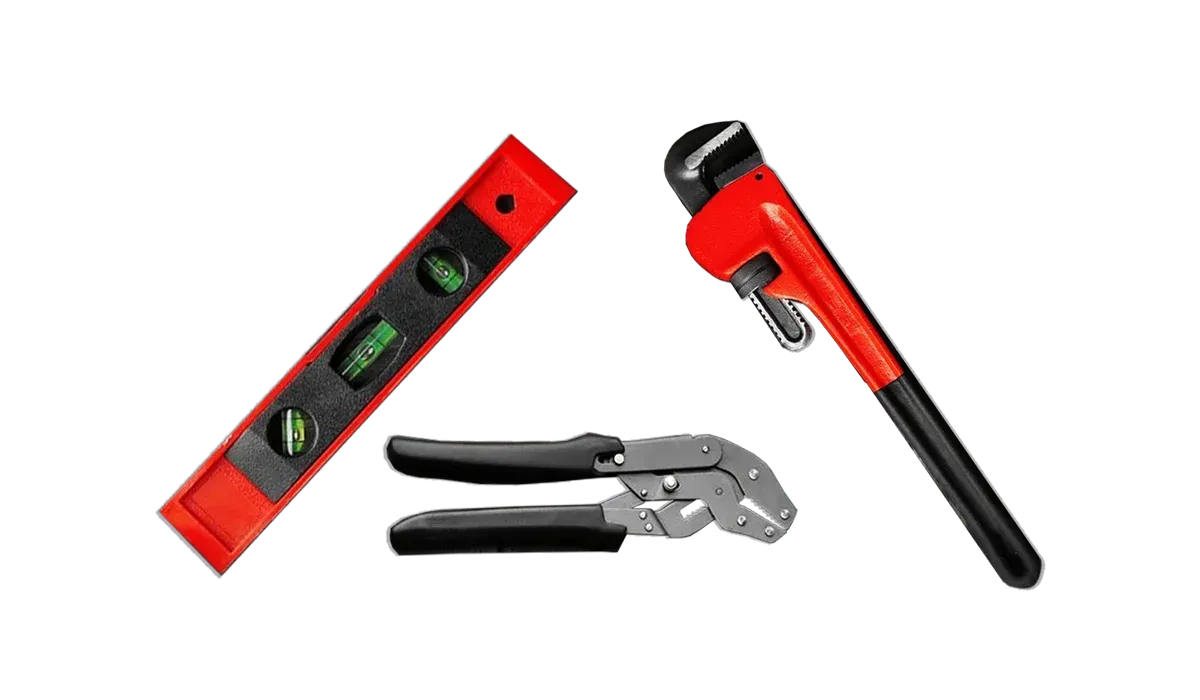
Plumbing
Todd’s has been your local licensed plumbers and gas fitters for over 17 years. Our plumbers are solar accredited and our own full time employees.
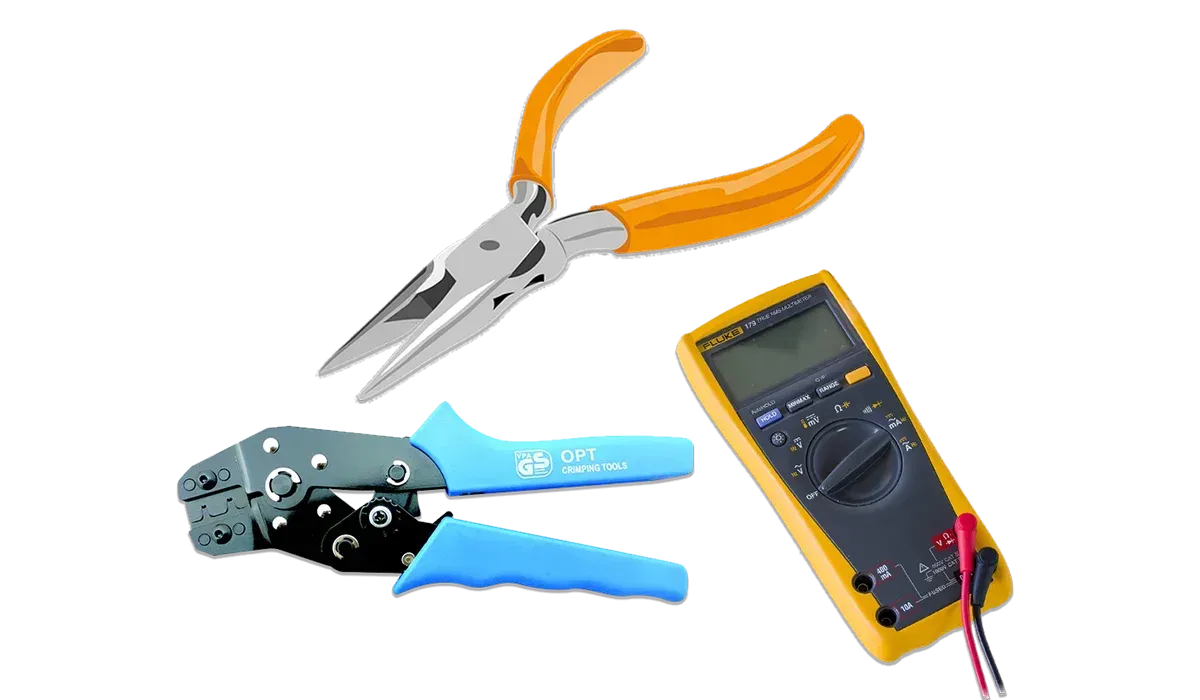
Electrical
Todd’s are your licensed local electricians. Our electricians are solar accredited, they drive portable workshops on wheels. We can meet all your electrical needs.
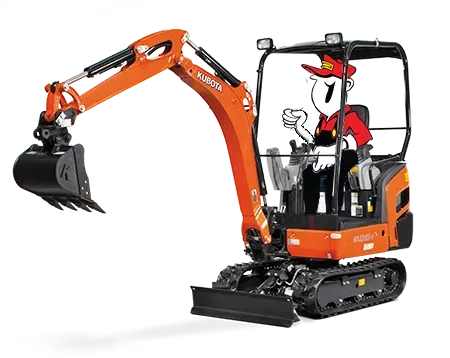
Excavation
Todd’s can manage the excavation needed for your next plumbing or electrical job. we know exactly what needs to be dug and how, make your life easy by letting us do the lot.
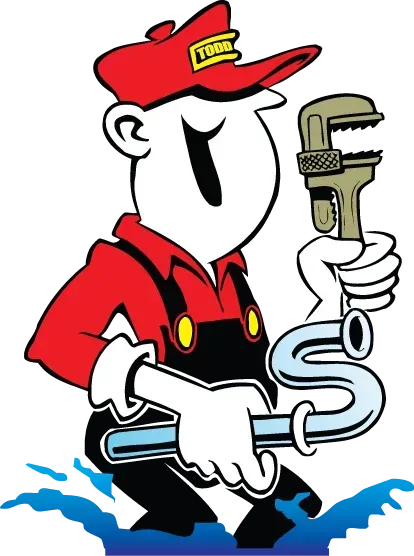
Leak Detection
Do you have a leak? Todd’s are experts and finding the leak and fixing it fast. We have the best tools and know-how to find it and repair it fast at an affordable price.
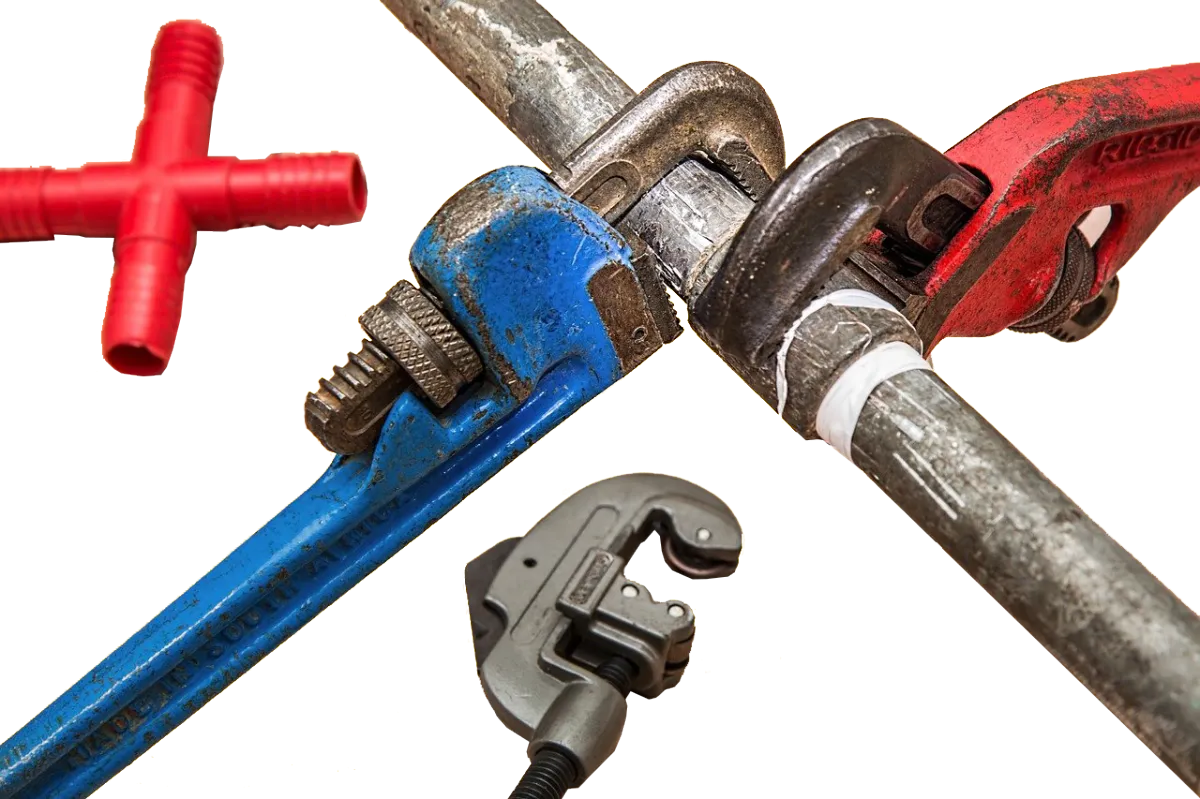
Drainage Solutions
Got a blocked drain? Todd’s are experts and unblocking and repairing drainage. We have the skills and best tools to find and repair blockages. We can also help you to prevent blockages from happening again.

Hot Water System Repair
We offer the best no-hot water service in town, we get there fast, and we can service and repair electric, heat pumps, gas, and solar hot water systems. We can make sure you get hot water today!
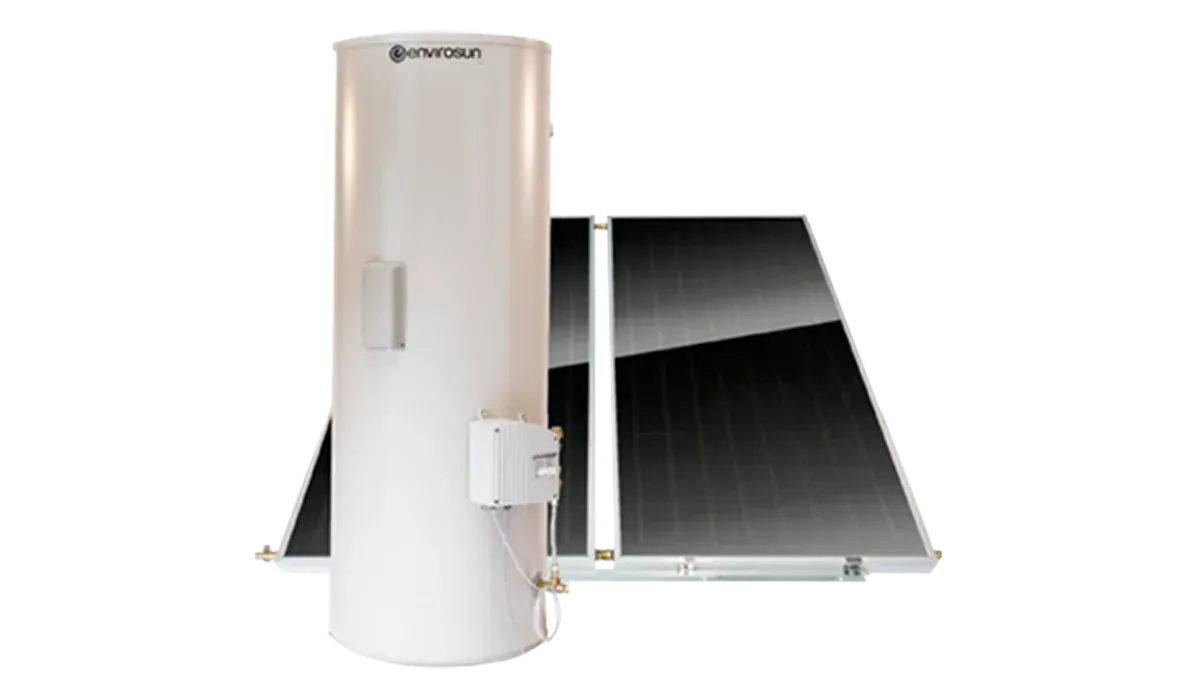
Solar Hot Water
Todd’s are the trusted solar hot water experts, we service, repair and supply the very best brands. We can offer free quotes, we provide both roof-mounted and split-system solar hot water systems.
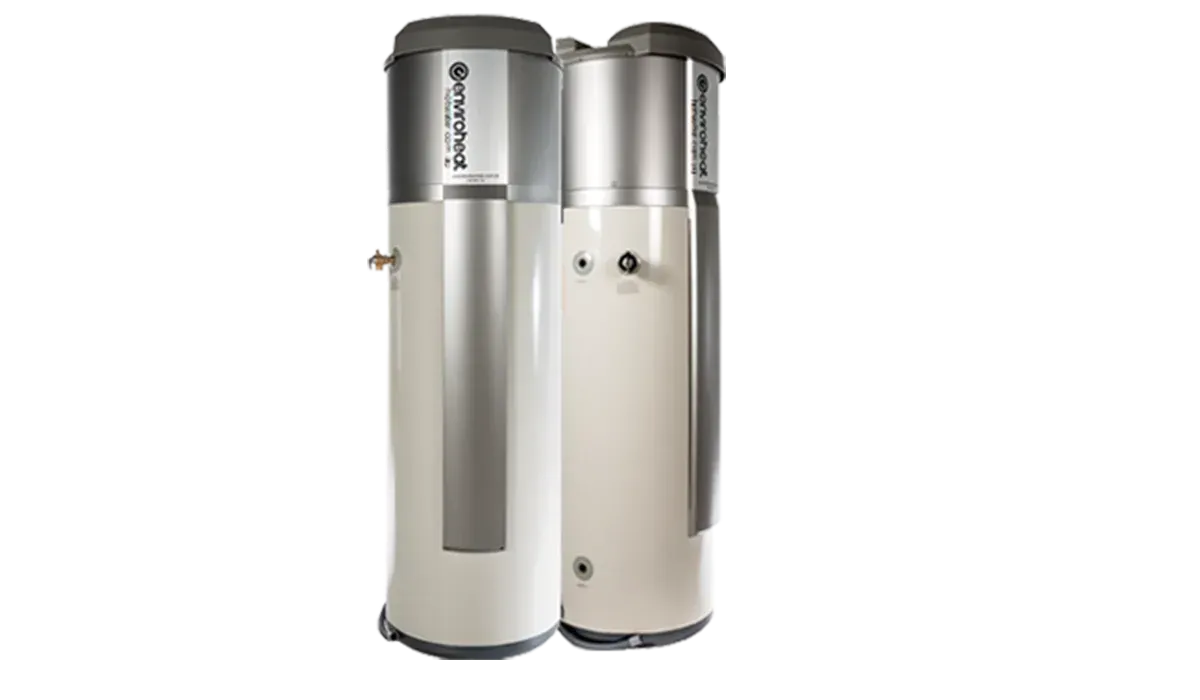
Heat Pumps
Todd’s offers the market-leading Envirosun heat pumps with 71% energy savings. Also a massive 5-year manufacturer’s replacement warranty. Available in 200 or 250 litres systems.
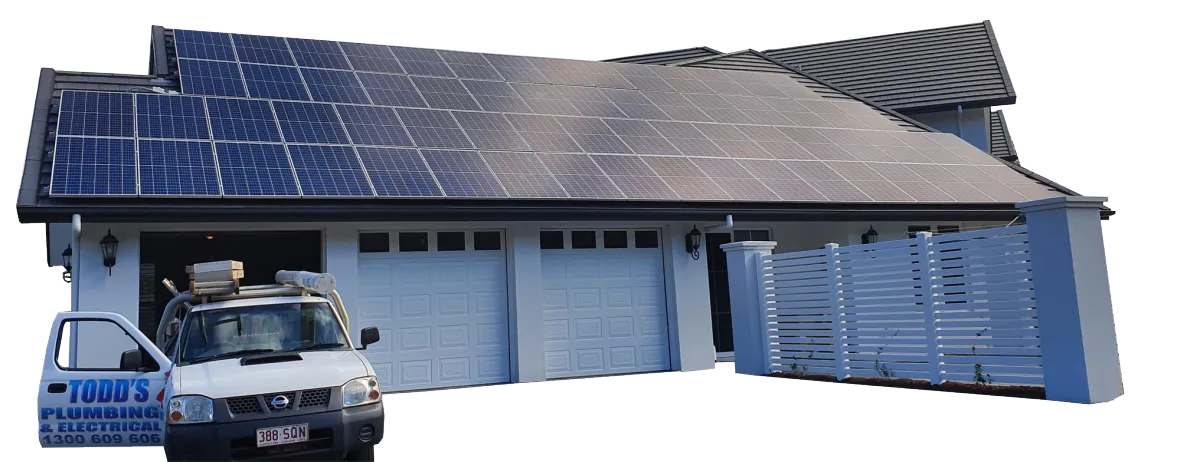
Solar Power
Forget the short-term solar companies, Todd’s has been your local trusted solar expert for over two decades. Deal with the company trusted experts who will be here to support you well into the future.
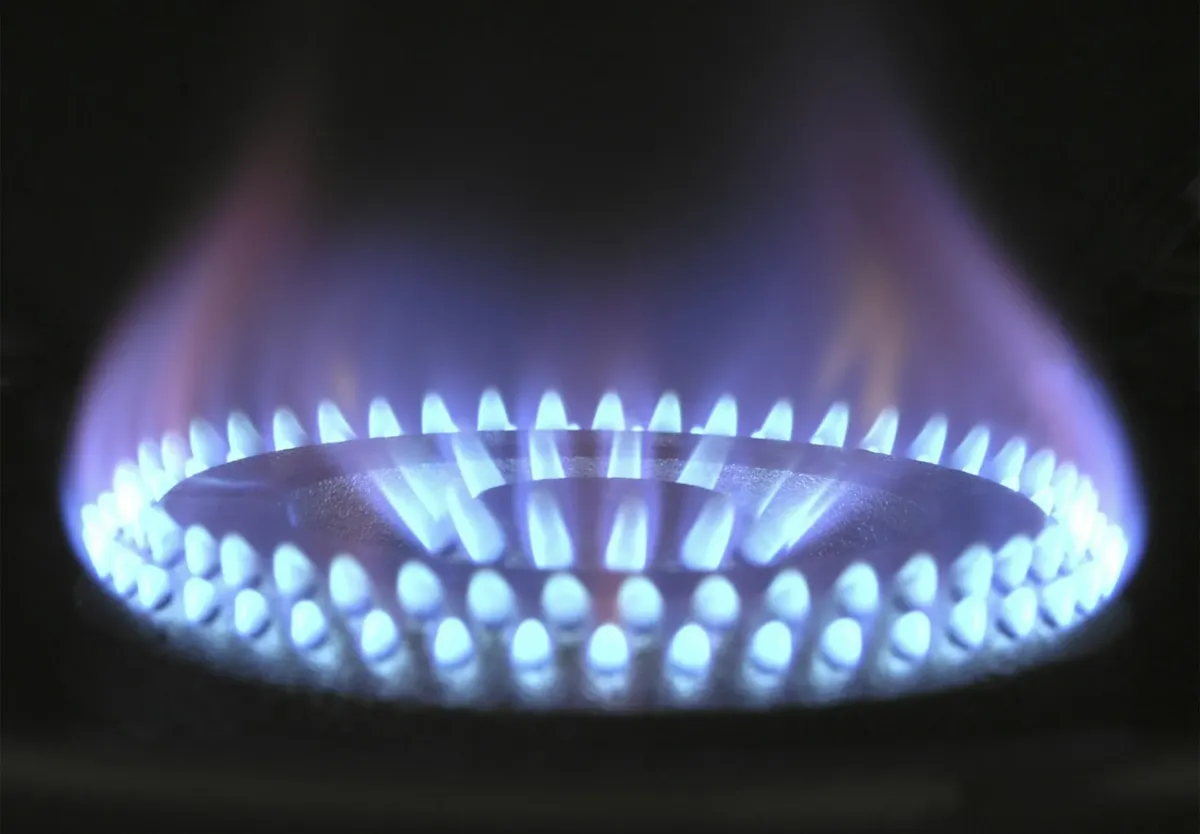
Gas Fitting
We can repair, install or replace your gas hot water system or cooktop. We have full-time licensed gas fitters who can handle any job. We can supply or simply install your gas system of choice.
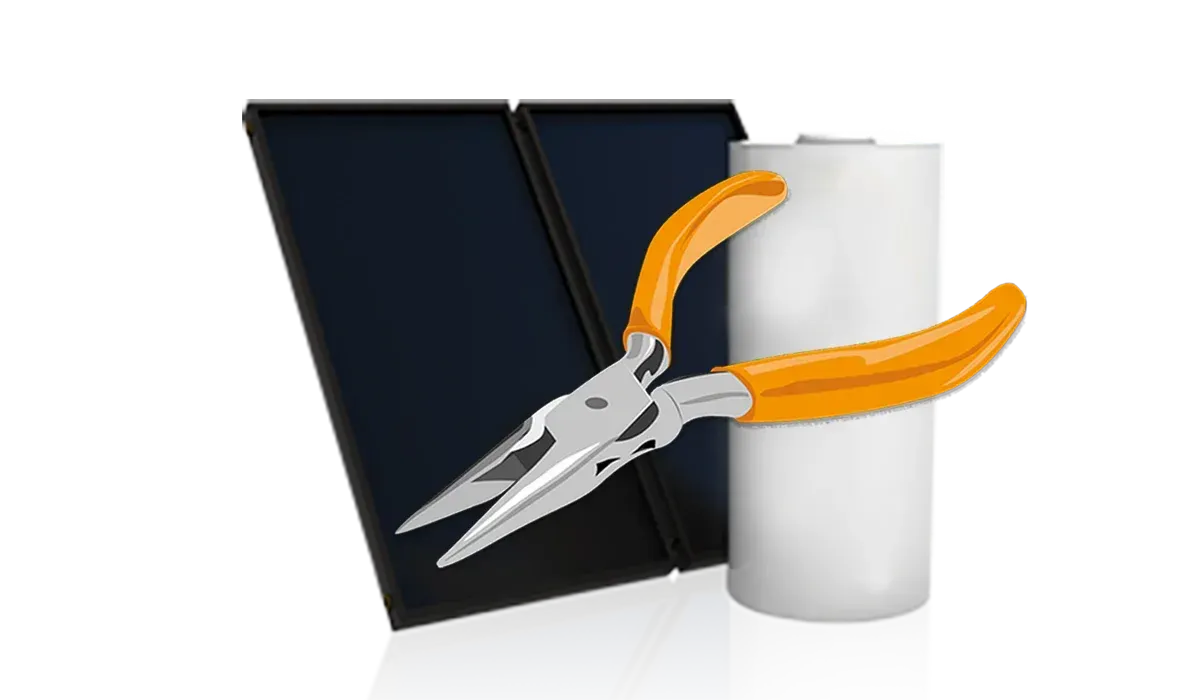
Solar Hot Water Repairs
Our plumbers and electricians are solar-accredited, when you deal with Todd’s you’re dealing with actual solar experts. Get it sorted right, and call the solar-accredited experts.
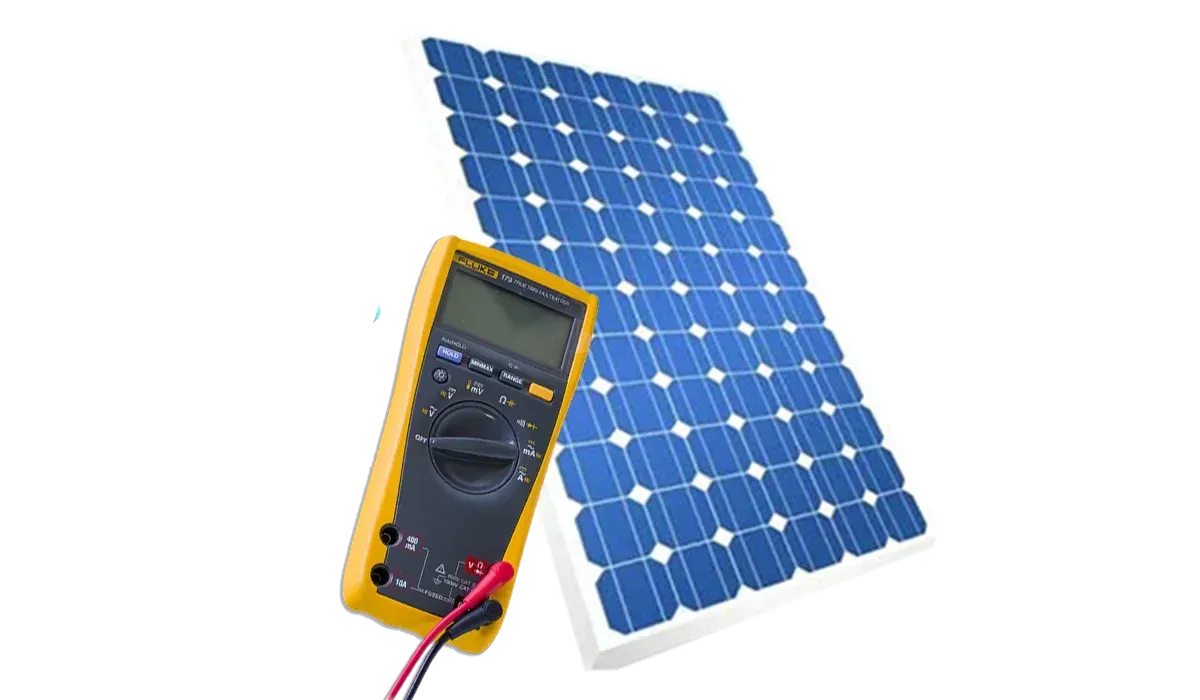
Solar Power & Inverter Repairs
Has your solar stopped working, is your system out of warranty? Then call Todd’s, our solar-accredited electricians can identify the issue and help you resolve it.
Todd’s are your hot water repair or replacement experts. We can repair and service all brands and models of solar hot water, heat pumps, electric and gas.
Five Star Service

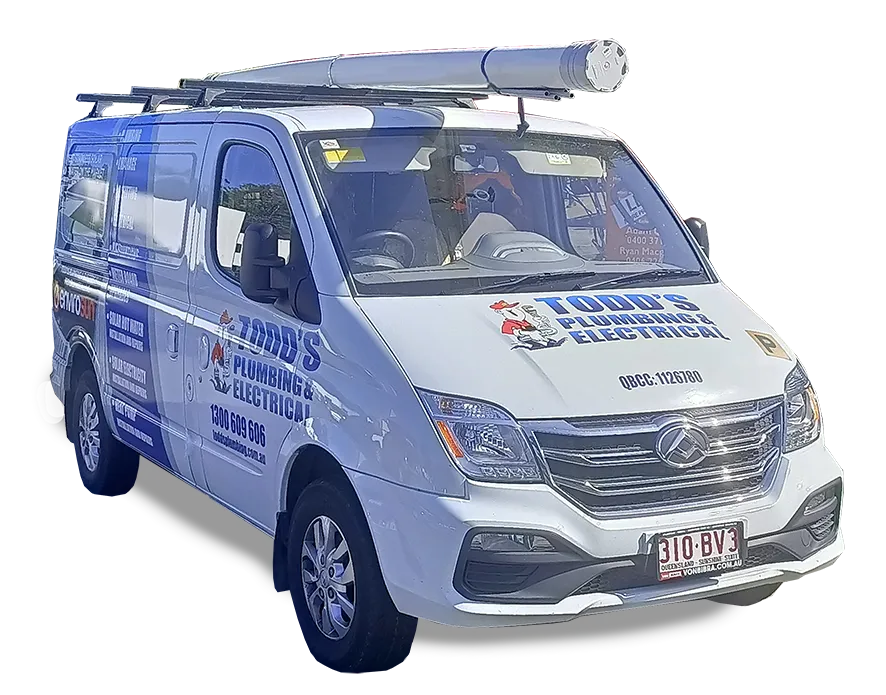
Contact Us
Submit your details or call 0482 080 423
Contact Us
Submit your details or call 0482 080 423
Head Office
1/28 central Park Avenue, Ashmore, Qld, 4214
0482 080 423
1300 609 606
QBCC: 1126780
Electrical License Number: 71053
We accept cash, direct deposits, and all major CC's


